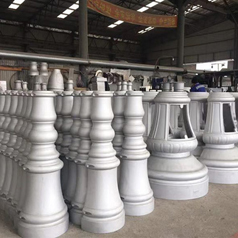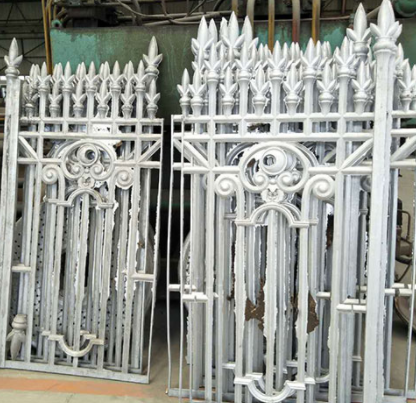Die casting is a manufacturing process used to produce parts with complex shapes and high precision using molten metal. Here are some advantages and disadvantages of die casting:
High efficiency: Die casting is a highly efficient process that can produce large quantities of parts quickly and accurately.
Precision and accuracy: Die casting produces parts with tight tolerances and high dimensional accuracy, making it ideal for complex and intricate parts.
Good surface finish: Die casting produces parts with a good surface finish that requires minimal finishing or machining.
Versatility: Die casting can be used with a wide range of metals, including aluminum, zinc, and magnesium, making it suitable for a variety of applications.
Cost-effective: The cost of die casting is relatively low compared to other manufacturing processes, especially for high volume production runs.
High tooling cost: The cost of producing the die casting tooling can be significant, making it less suitable for low-volume production runs.
Limited part size: Die casting is typically used for smaller to medium-sized parts, and larger parts may require alternative manufacturing methods.
Limited material selection: Although die casting can work with a range of metals, it is not suitable for all materials, and the selection of alloys can be limited.
Porosity: Die casting can sometimes result in porosity, which can affect the part's strength and durability.
Environmental concerns: Die casting involves the use of high temperatures and can produce waste and emissions that can be harmful to the environment if not properly managed.
 How To Solve The Burr Of Aluminum Castings
Jul. 29, 2024
How To Solve The Burr Of Aluminum Castings
Jul. 29, 2024
 Aluminum Casting 4 Kinds Of The Surface Treatment Pr...
Jul. 09, 2024
Aluminum Casting 4 Kinds Of The Surface Treatment Pr...
Jul. 09, 2024
Copyright © Dalian Lianjiang Metal Co., Ltd. All Rights Reserved | Sitemap
Recommend Products: Aluminum Mailbox With Post
